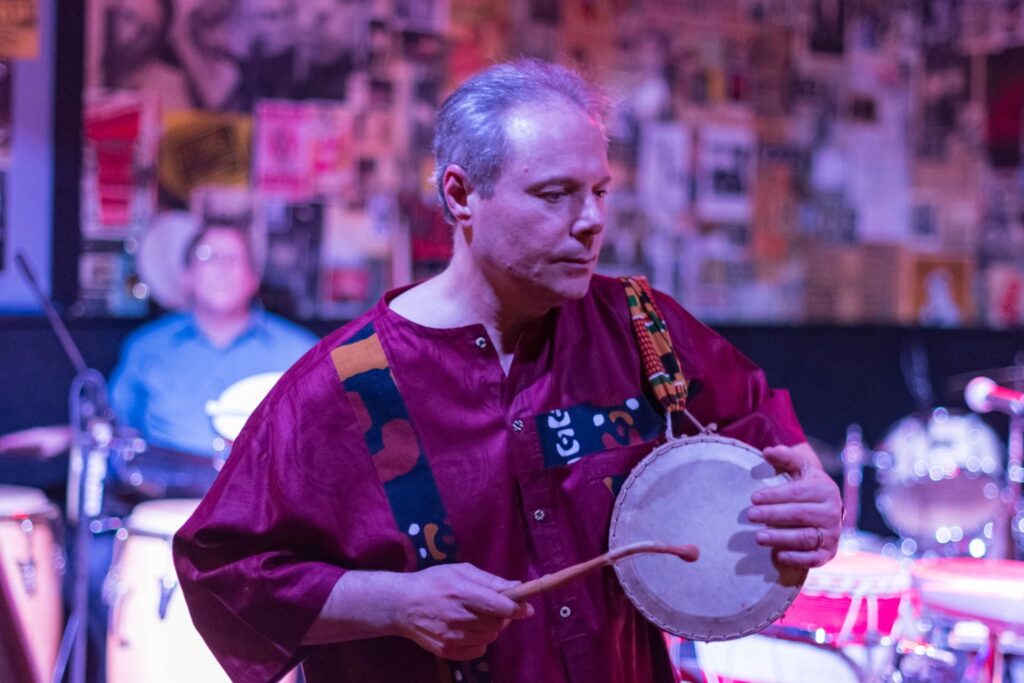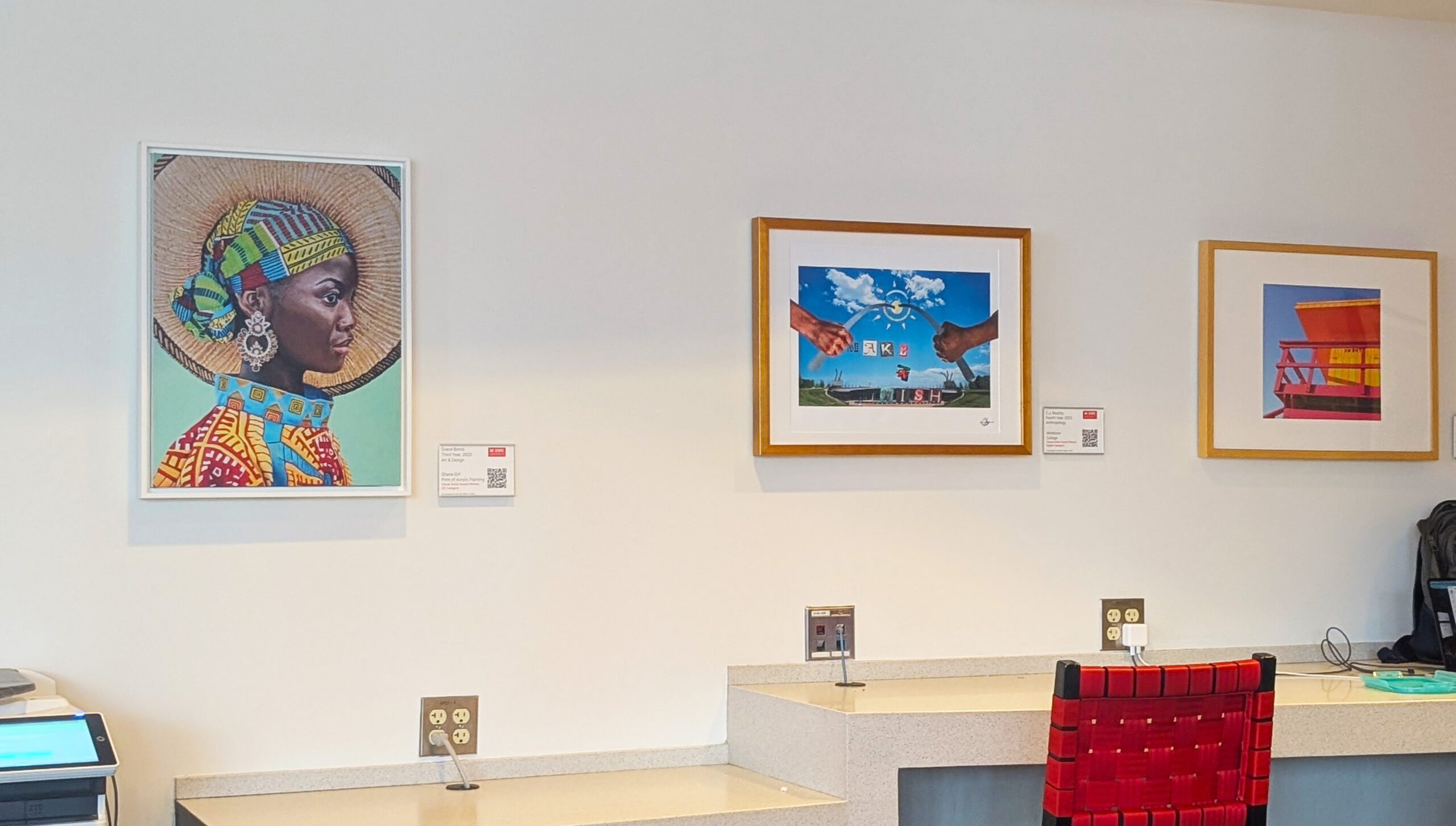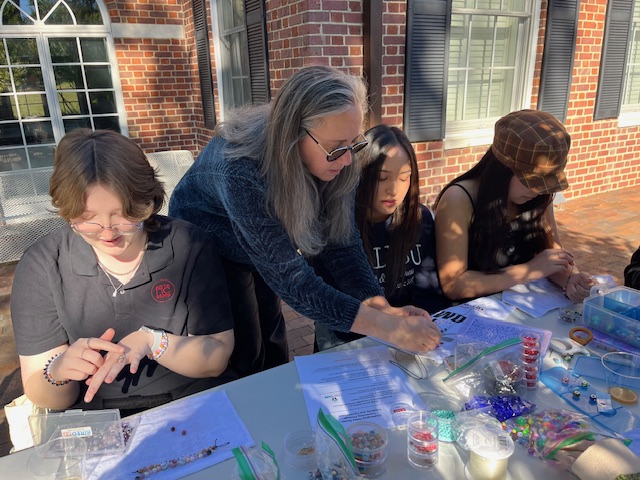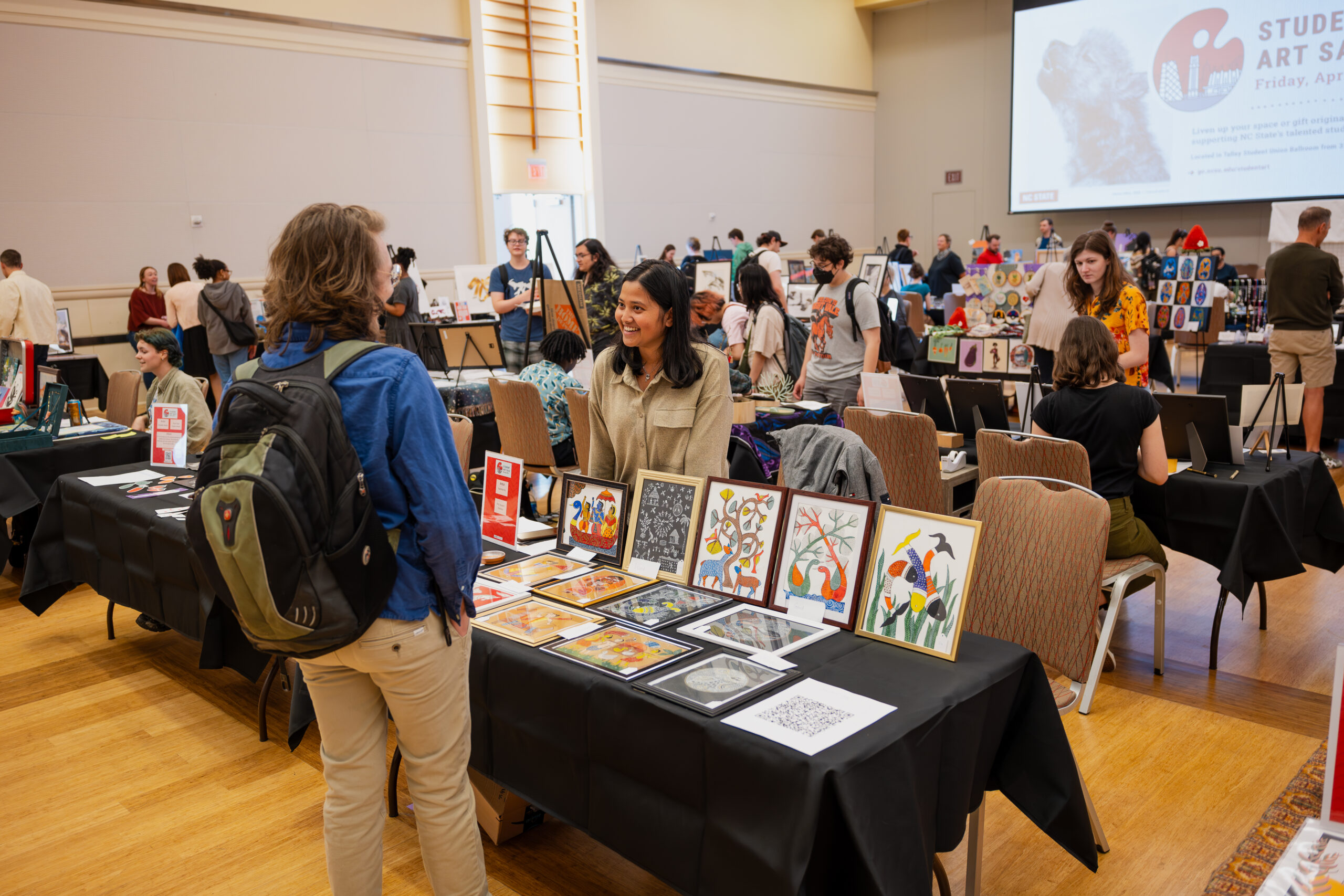Our Life in The Arts
Questions, reality, and musings on a life of joy and wonder
Vol. 1, No. 3
March 8, 2021
Instead of Chance, It’s Curiosity
By Rich Holly

Readers of a certain age will recognize this post’s title as a silly play on the lyrics to the terrific dance sequence and song Choreography, from the 1954 film “White Christmas.” Go ahead and take a few minutes to enjoy Danny Kaye’s and Vera-Ellen’s talents:
What a fun way to start the discussion of any topic! And wow, how do they move like that?
While it’s certainly true I’m not a child psychologist (although I do have three children and have taught thousands of students), I do believe that we are born with a natural affinity to be curious. Like too many other natural human traits, curiosity is not always applauded or revered or encouraged.
How many of you know the phrase “curiosity killed the cat?” Probably most or all of you. We’re told this phrase at a fairly young age, and regardless of how you define the meaning of that phrase now, as a youngster I suspect it helped kill curiosity in you.
I also expect you’re familiar with at least one of the books in the series “Curious George.” We may have chuckled while reading these (or having these read to us) earlier in life, but the bottom line is that George continually gets in trouble due to his curiosity. What kind of a message – conscious or subconscious – does that send to us when we’re young? I’m here to tell you that curiosity is good for you – great, in fact.
We keep moving forward, opening new doors, and doing new things, because we’re curious and curiosity keeps leading us down new paths.
Entertainment magnate Walt Disney
There’s no single path to success in the arts (and I include your personal well-being and happiness in any definition of success), so we can’t be given a prescribed set of steps to complete. We have to learn from numerous people, learn numerous techniques, try and fail and try again, and experiment with combinations of all of those until we start to hit on what makes us an artist in our own right.
If you’re not in tune with science and the scientific method, I recommend you become more familiar with it. My wife was a science teacher for 32 years, and our conversations were and are often eerily connected between her students’ and colleagues’ work in science and my students’ and colleagues’ work in the arts. Why? Wonder. Experimentation. Curiosity.
Just two weeks ago NASA successfully landed the Perseverance Rover on Mars, and we’re all benefitting from the wonderful photos and sounds it’s capturing. Do you know the name of the rover that was sent to Mars prior to Perseverance? That’s right – Curiosity.

Take a few moments to consider when your curiosity helped your artistry. Did you follow the seemingly never-ending string of questions and wonder to its conclusion? I hope so. But if not, you still have time to do that!
Science is fun. Science is curiosity. We all have natural curiosity. Science is a process of investigating. It’s posing questions and coming up with a method. It’s delving in.
Astronaut Sally Ride
Here’s one of my own stories. I never really gave the word “curiosity” or the practice of curiosity much thought earlier in life, I just liked asking questions and seeking answers (looking back, I’m thankful that I had parents and teachers who encouraged curiosity and questioning and exploring). As a high school student, I was playing in a jazz band and noticed that the Glenn Miller Band arrangements had similar instrumentation to those of other big band leaders, yet sounded different. I was able to gather the scores to several pieces and analyze them to discover what the differences were. Which led me to analyze more composers’ works in other genres, and led me to start composing and arranging, etc., etc.
This situation and others often started with me thinking to myself “I wonder…,” or “How did they do that?” or something similar. But it also taught me one additional thing: go right to the source when possible. Instead of asking anyone if they knew why Glenn Miller’s music sounded different, or looking for a book about Glenn Miller’s music, I went right to the scores.
As a visual artist, how often do you visit art museums? Hopefully A LOT. And I hope you spend time wondering how they did that – what technique(s) must the artists have used to create their artwork – and then you went and tried and worked on those techniques. As an actor, what makes a Robert De Niro or Cicely Tyson so spectacular? Do you watch their films and pause the action to give that last scene a try? If you’re a budding conductor, do you watch videos and work on the physical movements and facial expressions of Marin Alsop or Leonard Bernstein or others of the greats?
We can all hear from our teachers what they tell us to work on, and we all can then spend time in our studio and rehearsal spaces working on those things. And as wonderful as your teachers may be (and hopefully are!), I also hope you’re curious about dozens and dozens of others who have blazed a trail to get to where you hope to go.
As strange as this may sound, I have met several students majoring in fashion design who do not know how to sew. WHAT?? Weren’t they ever just a little bit curious about making their own designs? And while I marvel that people can get to their 20s and have this dream yet not even the basic skills to help it become realized, I suspect we all have at least portions of our artistic journey that fit into the same category.
What is there in your own artistic pursuits that is (are) lacking? What can you do to improve them? Who do you need to spend more time learning about in order to improve? What techniques have you missed out on or ignored? I, for one, am going to try out some of Danny Kaye’s dance moves while trying to not get hurt. They can only help my touch on the drums and my phrasing.
Don’t let your curiosity be killed. Use it to its full potential. Question everything and seek the answers and then experiment and question more. Don’t leave your artistic success to chance – let your curiosity be your secret weapon to your well-being, happiness, and artistic recognition.
Rich Holly serves Arts NC State and the NC State University community as the Executive Director for the Arts.
* * * * *
- Categories:


